
Esophageal Cancer and Diet
24 Oct, 2024
 Healthtrip
HealthtripWhen it comes to esophageal cancer, diet plays a crucial role in not only preventing the disease but also in managing its symptoms and improving the overall quality of life for patients. A healthy diet can help alleviate the discomfort and pain associated with esophageal cancer, making it easier to eat and digest food. Moreover, a well-planned diet can also support the body's nutritional needs during cancer treatment, such as chemotherapy and radiation therapy. In this blog, we will delve into the importance of diet in esophageal cancer, explore the best foods to eat, and provide tips on how to manage eating difficulties.
Understanding Esophageal Cancer and Its Impact on Diet
Esophageal cancer occurs when abnormal cells in the esophagus, a muscular tube that carries food from the throat to the stomach, grow and multiply uncontrollably. The symptoms of esophageal cancer can be debilitating, including difficulty swallowing, chest pain, and weight loss. A diagnosis of esophageal cancer can be overwhelming, and managing the disease requires a comprehensive approach that includes a healthy diet. A well-planned diet can help alleviate symptoms, support nutritional needs, and improve the overall quality of life for patients.
Most popular procedures in India
Nutritional Deficiencies in Esophageal Cancer
Esophageal cancer can lead to nutritional deficiencies due to difficulty swallowing, reduced appetite, and malabsorption of nutrients. Patients with esophageal cancer are at risk of developing protein-calorie malnutrition, which can exacerbate symptoms and hinder recovery. A diet rich in protein, calories, and essential nutrients can help mitigate these deficiencies and support the body's nutritional needs.
Dietary Recommendations for Esophageal Cancer
A healthy diet for esophageal cancer patients should be rich in nutrients, easy to digest, and gentle on the esophagus. Here are some dietary recommendations:
Wellness Treatments
Give yourself the time to relax
Lowest Prices Guaranteed!

Lowest Prices Guaranteed!
Soft and Easy-to-Digest Foods
Opt for soft, easy-to-digest foods that are gentle on the esophagus, such as cooked vegetables, fruits, lean proteins, and whole grains. Avoid spicy, acidic, or hard-to-digest foods that can exacerbate symptoms.
High-Calorie and High-Protein Foods
Increase calorie and protein intake to support weight management and muscle mass. Focus on high-calorie foods like nuts, dried fruits, and avocados, and high-protein foods like lean meats, fish, eggs, and dairy products.
Hydration and Electrolytes
Adequate hydration is crucial to prevent dehydration and electrolyte imbalances. Drink plenty of water, clear broths, and electrolyte-rich beverages like coconut water or sports drinks.
Managing Eating Difficulties in Esophageal Cancer
Eating difficulties are a common challenge for esophageal cancer patients. Here are some tips to manage eating difficulties:
Small, Frequent Meals
Instead of eating three large meals a day, opt for small, frequent meals to reduce discomfort and pain.
Soft, Cold, or Room-Temperature Foods
Choose soft, cold, or room-temperature foods that are easier to swallow and digest. Avoid hot foods and drinks that can exacerbate symptoms.
Thickening Agents and Supplements
Use thickening agents like honey or cornstarch to make foods easier to swallow. Consider nutritional supplements like protein shakes or nutritional bars to support calorie and protein intake.
In conclusion, a healthy diet plays a vital role in managing esophageal cancer symptoms, alleviating discomfort, and supporting nutritional needs. By following these dietary recommendations and managing eating difficulties, patients with esophageal cancer can improve their overall quality of life and support their body's nutritional needs during treatment.
Related Blogs
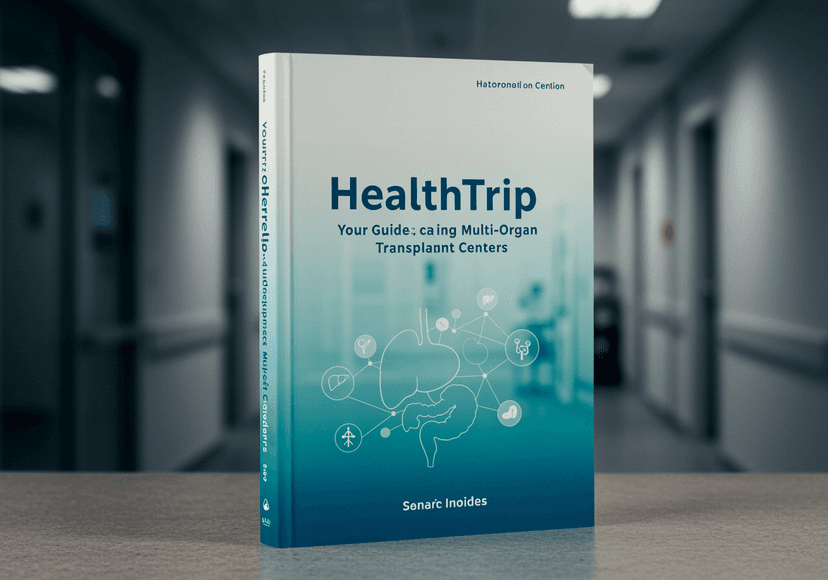
Healthtrip: Your Guide to Leading Multi-Organ Transplant Centers
Healthtrip
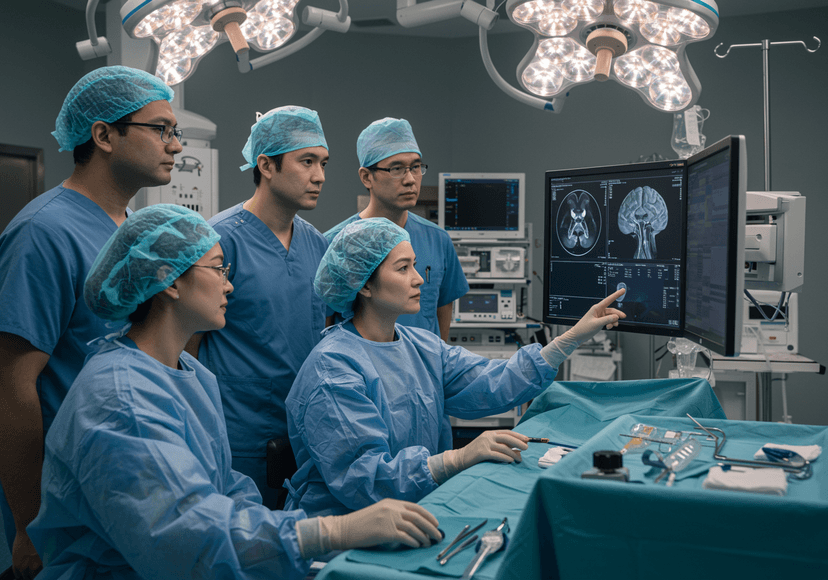
Healthtrip: Advanced Brain Treatment Options with Expert Surgeons
Healthtrip

Healthtrip: Global IVF Treatment - Journey to Parenthood
Your Path to Parenthood with Healthtrip
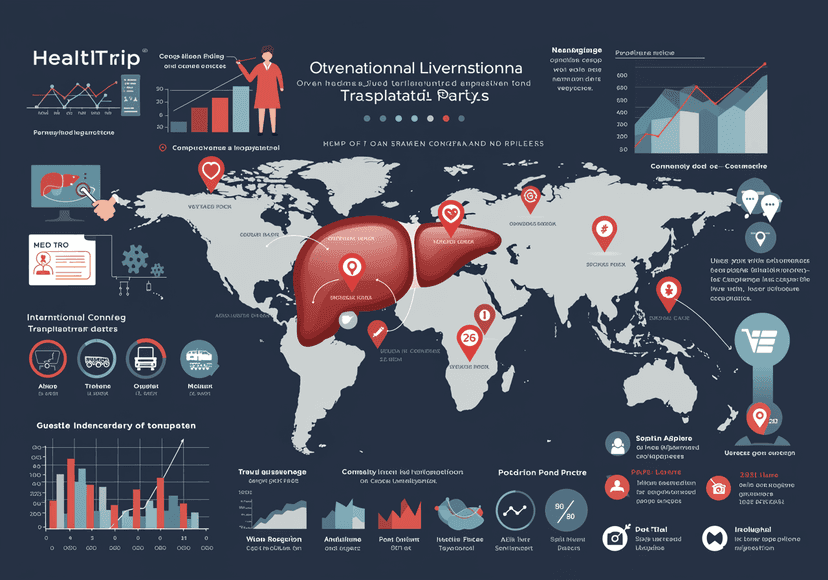
Healthtrip: Navigating International Liver Transplant Options & Prices
Healthtrip
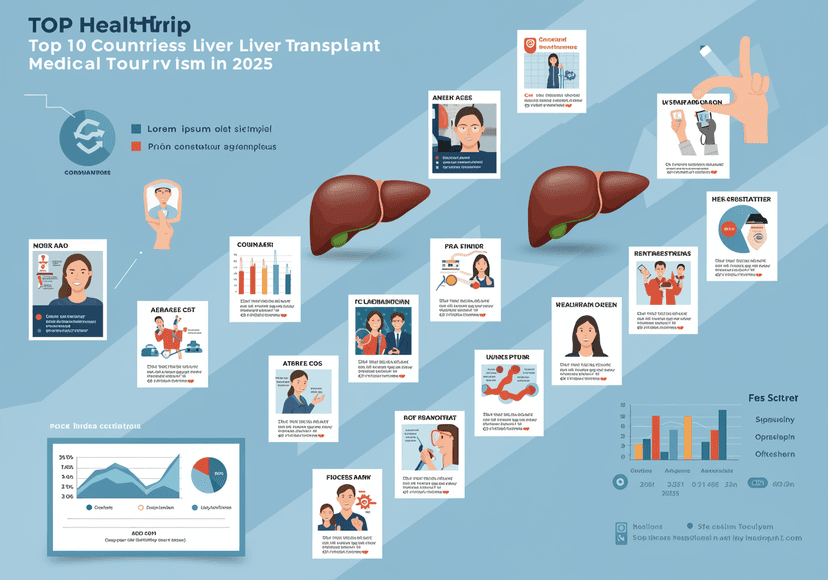
Healthtrip: Top 10 Countries for Liver Transplant Medical Tourism in 2025
Healthtrip Medical Tourism
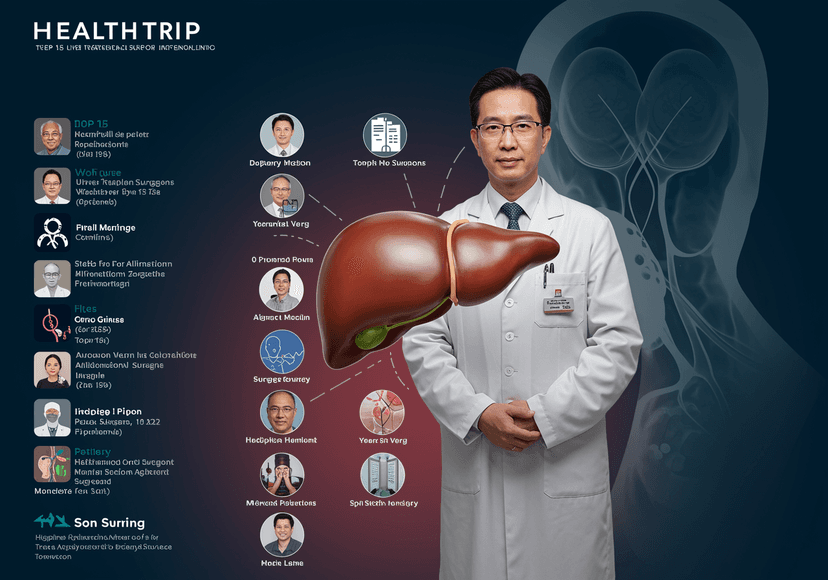
Healthtrip: Top 15 Liver Transplant Surgeons for International Patients
Healthtrip










